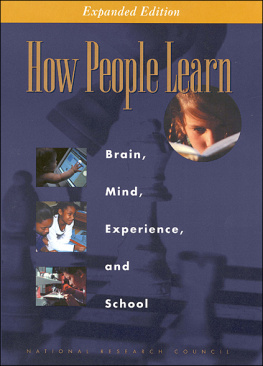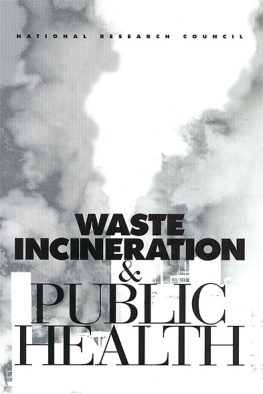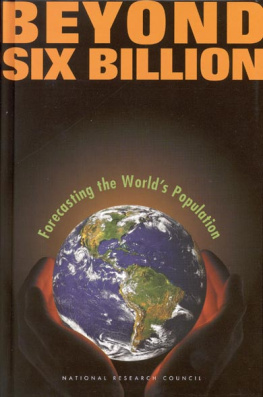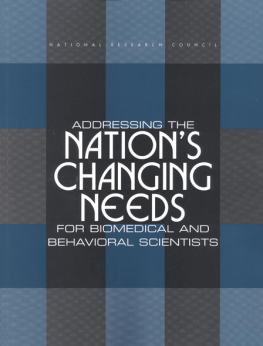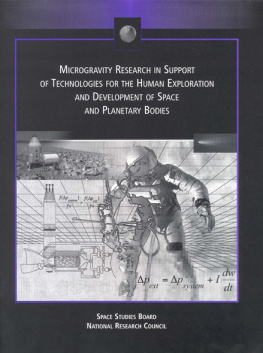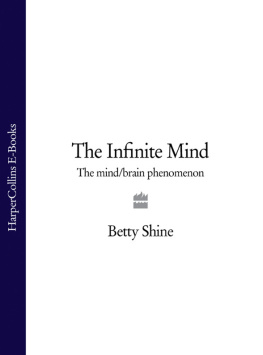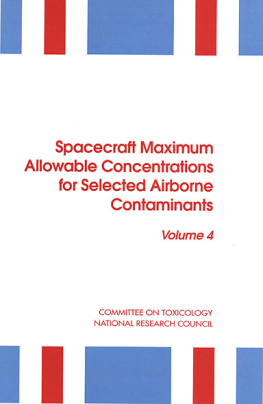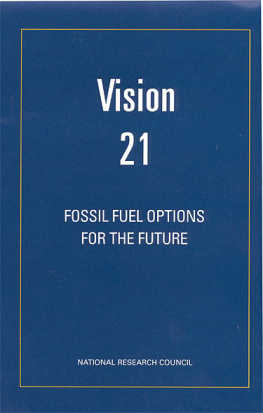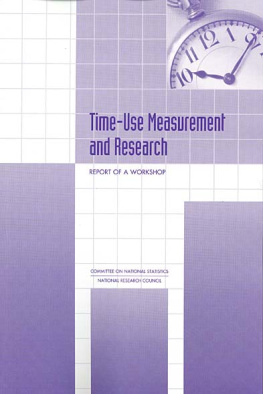National Research Council - How People Learn : Brain, Mind, Experience, and School
Here you can read online National Research Council - How People Learn : Brain, Mind, Experience, and School full text of the book (entire story) in english for free. Download pdf and epub, get meaning, cover and reviews about this ebook. year: 2000, publisher: NATIONAL ACADEMY PRESS, genre: Religion. Description of the work, (preface) as well as reviews are available. Best literature library LitArk.com created for fans of good reading and offers a wide selection of genres:
Romance novel
Science fiction
Adventure
Detective
Science
History
Home and family
Prose
Art
Politics
Computer
Non-fiction
Religion
Business
Children
Humor
Choose a favorite category and find really read worthwhile books. Enjoy immersion in the world of imagination, feel the emotions of the characters or learn something new for yourself, make an fascinating discovery.
- Book:How People Learn : Brain, Mind, Experience, and School
- Author:
- Publisher:NATIONAL ACADEMY PRESS
- Genre:
- Year:2000
- Rating:4 / 5
- Favourites:Add to favourites
- Your mark:
- 80
- 1
- 2
- 3
- 4
- 5
How People Learn : Brain, Mind, Experience, and School: summary, description and annotation
We offer to read an annotation, description, summary or preface (depends on what the author of the book "How People Learn : Brain, Mind, Experience, and School" wrote himself). If you haven't found the necessary information about the book — write in the comments, we will try to find it.
National Research Council: author's other books
Who wrote How People Learn : Brain, Mind, Experience, and School? Find out the surname, the name of the author of the book and a list of all author's works by series.
How People Learn : Brain, Mind, Experience, and School — read online for free the complete book (whole text) full work
Below is the text of the book, divided by pages. System saving the place of the last page read, allows you to conveniently read the book "How People Learn : Brain, Mind, Experience, and School" online for free, without having to search again every time where you left off. Put a bookmark, and you can go to the page where you finished reading at any time.
Font size:
Interval:
Bookmark:
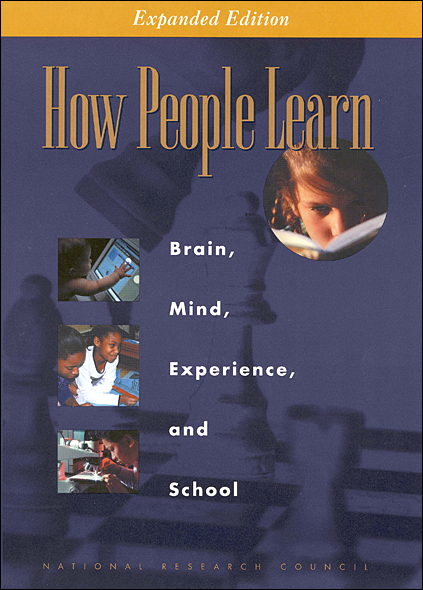
Expanded Edition
How People Learn
Brain, Mind, Experience, and School
Committee on Developments in the Science of Learning
John D.Bransford, Ann L.Brown, and Rodney R.Cocking, editorswith additional material from the
Committee on Learning Research and Educational Practice
M.Suzanne Donovan, John D.Bransford, and James W.Pellegrino, editorsCommission on Behavioral and Social Sciences and Education
National Research Council
NATIONAL ACADEMY PRESS
Washington, D.C.
NATIONAL ACADEMY PRESS2101 Constitution Avenue N.W.Washington, D.C.20418
NOTICE: The project that is the subject of this report was approved by the Governing Board of the National Research Council, whose members are drawn from the councils of the National Academy of Sciences, the National Academy of Engineering, and the Institute of Medicine. The members of the committee responsible for the report were chosen for their special competences and with regard for appropriate balance.
This study was supported by Grant No. R117U40001-94A between the National Academy of Sciences and the U.S. Department of Education. Any opinions, findings, conclusions, or recommendations expressed in this publication are those of the author(s) and do not necessarily reflect the view of the organizations or agencies that provided support for this project.
Library of Congress Cataloging-in-Publication Data
How people learn: brain, mind, experience, and school/John D. Bransford[et al.], editors; Committee on Developments in the Science of Learning and Committee on Learning Research and Educational Practice, Commission on Behavioral and Social Sciences and Education, National Research Council.Expanded ed.
p. cm.
Includes bibliographical references and index.
ISBN 0-309-13197-9 e-pub ISBN
ISBN 0-309-07036-8 (pbk.)
1. Learning, Psychology of. 2. LearningSocial aspects. I. Bransford, John. II. National Research Council (U.S.). Committee on Developments in the Science of Learning. III. National Research Council (U.S.). Committee on Learning Research and Educational Practice. IV. Title.
LB1060 .H672 2000
370.1523dc21
00010144
Additional copies of this report are available from:
National Academy Press
2101 Constitution Avenue, N.W.
Washington, D.C. 20418
Call 8006246242 or 2023343313 (in the Washington Metropolitan Area).
This volume is also available on line at http://www.nap.edu
Printed in the United States of America
Copyright 2000 by the National Academy of Sciences. All rights reserved.
National Academy of Sciences
National Academy of Engineering
Institute of Medicine
National Research Council
The National Academy of Sciences is a private, nonprofit, self-perpetuating society of distinguished scholars engaged in scientific and engineering research, dedicated to the furtherance of science and technology and to their use for the general welfare. Upon the authority of the charter granted to it by the Congress in 1863, the Academy has a mandate that requires it to advise the federal government on scientific and technical matters. Dr. Bruce M.Alberts is president of the National Academy of Sciences.
The National Academy of Engineering was established in 1964, under the charter of the National Academy of Sciences, as a parallel organization of outstanding engineers. It is autonomous in its administration and in the selection of its members, sharing with the National Academy of Sciences the responsibility for advising the federal government. The National Academy of Engineering also sponsors engineering programs aimed at meeting national needs, encourages education and research, and recognizes the superior achievements of engineers. Dr. William A.Wulf is president of the National Academy of Engineering.
The Institute of Medicine was established in 1970 by the National Academy of Sciences to secure the services of eminent members of appropriate professions in the examination of policy matters pertaining to the health of the public. The Institute acts under the responsibility given to the National Academy of Sciences by its congressional charter to be an adviser to the federal government and, upon its own initiative, to identify issues of medical care, research, and education. Dr. Kenneth I. Shine is president of the Institute of Medicine.
The National Research Council was organized by the National Academy of Sciences in 1916 to associate the broad community of science and technology with the Academys purposes of furthering knowledge and advising the federal government. Functioning in accordance with general policies determined by the Academy, the Council has become the principal operating agency of both the National Academy of Sciences and the National Academy of Engineering in providing services to the government, the public, and the scientific and engineering communities. The Council is administered jointly by both Academies and the Institute of Medicine. Dr. Bruce M. Alberts and Dr. William A.Wulf are chairman and vice chairman, respectively, of the National Research Council.
In Memory of
Ann L.Brown
(19431999)
Scholar and Scientist
Champion of Children and Those Who Teach Them
Whose Vision It Was to
Bring Learning Research
into the Classroom
JOHN D.BRANSFORD (Cochair),
Learning Technology Center, Vanderbilt University
ANN L.BROWN (Cochair),
Graduate School of Education, University of California, Berkeley
JOHN R.ANDERSON,
Department of Psychology, Carnegie Mellon University
ROCHEL GELMAN,
Department of Psychology, University of California, Los Angeles
ROBERT GLASER,
Learning Research and Development Center, University of Pittsburgh
WILLIAM T.GREENOUGH,
Department of Psychology and Beckman Institute, University of Illinois, Urbana
GLORIA LADSON-BILLINGS,
Department of Curriculum and Instruction, University of Wisconsin, Madison
BARBARA M.MEANS,
Education and Health Division, SRI International, Menlo Park, California
JOS P.MESTRE,
Department of Physics and Astronomy, University of Massachusetts, Amherst
LINDA NATHAN,
Boston Arts Academy, Boston, Massachusetts
ROY D.PEA,
Center for Technology in Learning, SRI International, Menlo Park, California
PENELOPE L.PETERSON,
School of Education and Social Policy, Northwestern University
BARBARA ROGOFF,
Department of Psychology, University of California, Santa Cruz
THOMAS A.ROMBERG,
National Center for Research in Mathematical Sciences Education, University of Wisconsin, Madison
SAMUEL S.WINEBURG,
College of Education, University of Washington, Seattle
RODNEY R.COCKING, Study Director
M.JANE PHILLIPS, Senior Project Assistant
JOHN D.BRANSFORD (Cochair),
Peabody College of Education and Human Development, Vanderbilt University
JAMES W.PELLEGRINO
Font size:
Interval:
Bookmark:
Similar books «How People Learn : Brain, Mind, Experience, and School»
Look at similar books to How People Learn : Brain, Mind, Experience, and School. We have selected literature similar in name and meaning in the hope of providing readers with more options to find new, interesting, not yet read works.
Discussion, reviews of the book How People Learn : Brain, Mind, Experience, and School and just readers' own opinions. Leave your comments, write what you think about the work, its meaning or the main characters. Specify what exactly you liked and what you didn't like, and why you think so.

